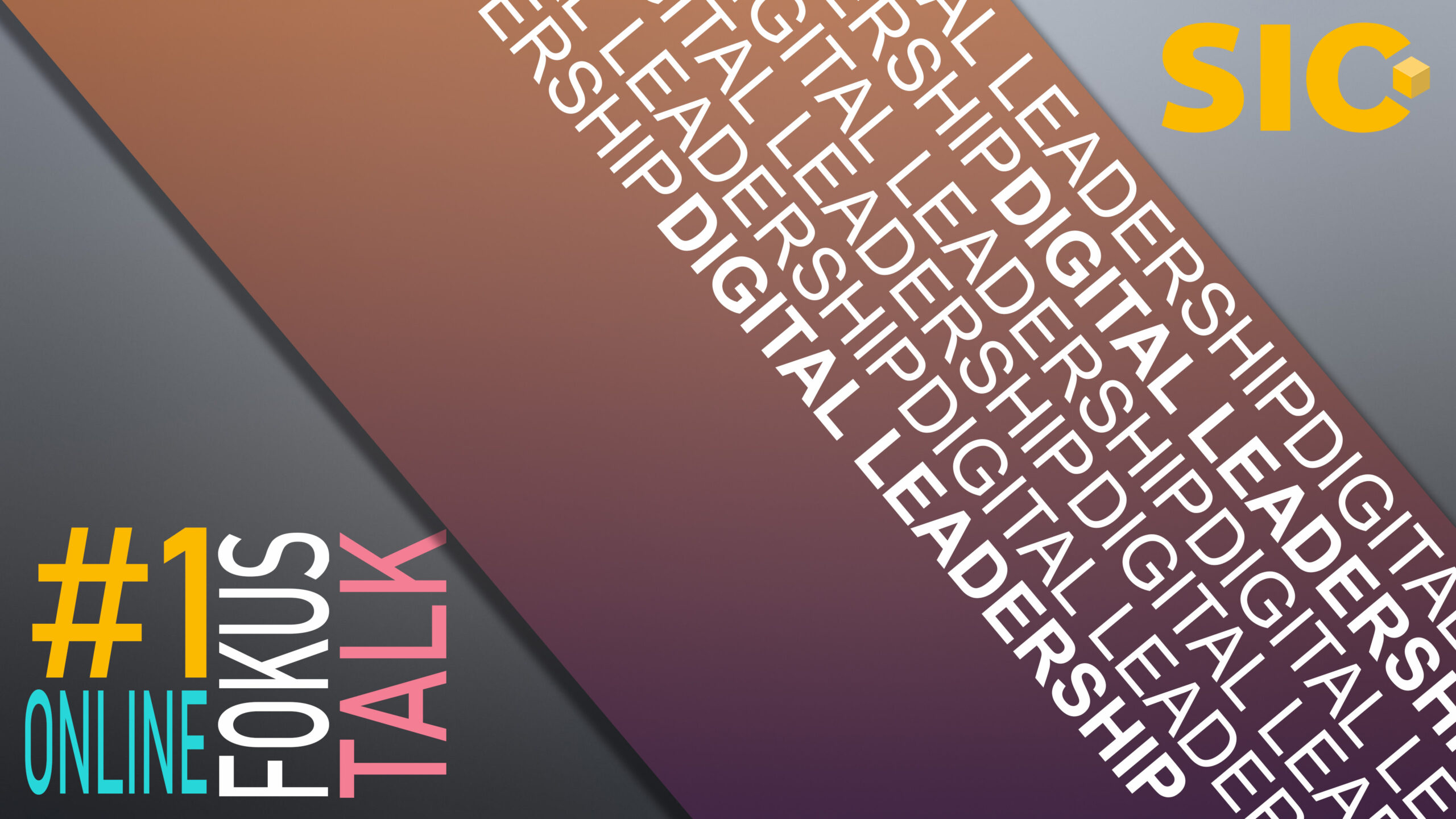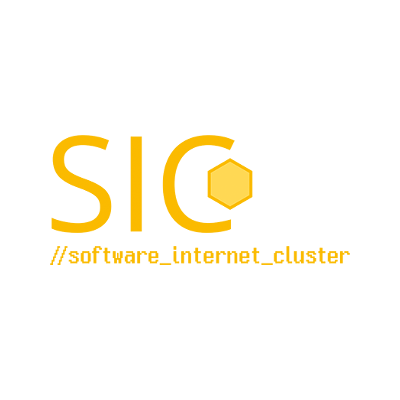On December 15th, 2021, the Software Internet Cluster started the new online format with Mag. Klaus Niedl, Global Human Resources Director at Novomatic. The expert shared his many years of experience and insights in dealing with digital leadership.
Online Focus-Talk – Digital Leadership
with Dr. Klaus Niedl

Dr Klaus Niedl – future-oriented Group HR Director at Novomatic
Dr Klaus Niedl works as a future-oriented Group HR Director at Novomatic and has already introduced numerous innovative initiatives for recruiting programmers, including the Corporate Coding Academy of Novomatic AG. As an expert in “Digital Leadership” with various projects such as the Talentcloud or the Digital Champions Network (DCM), he also talks about the importance of exchange and collaboration between different companies if we want to remain competitive in the global environment.
What does digital leadership mean?
The term “digital leadership” entered our language in 2016. Especially in times of digital change, managers are required to have a special skillset in dealing with new technologies. Some companies are already focusing on training and promoting these skills precisely, both among employees and at management level.
In times of rapid technological changes, you quickly run the risk of overlooking something or not being prepared at all. Since today there is an incredible number of changes within a company, which is also pointed out by the Boston Consulting Group with a study on Advantages of an agile Enterprise (2017).
Do you really know where to go?
In contrast to change management, this question is somewhat unclear when it comes to digital transformation. Not all managers have adapted to the digital age and are not used to such rapid internal changes. “The implementation of standard software for business processes is not enough. New tools, ways and business models are needed to push digital transformation in a company,” says Dr. Klaus Niedl.
Required Attitude and Skills
- Curiosity
From a manager’s point of view, you should keep a close eye on changes in your working environment and consider how relevant they are for the company. - Confident use of Digital Tools
You don’t have to be a technology expert, but you do need to have a certain level of understanding of digital technologies. - Sharing is caring
Networking is a big part of success. You need an open mindset to be able to orientate yourself to the outside world, to discuss problems and to work out solutions together – learn and benefit from others!
Training and Optimization
It makes less sense to let executives participate in seminars, but rather through know-how transfer in a network and participation in joint projects or cooperations. A certain open-minded attitude to problems and the exchange of knowledge within the team should also be encouraged. Such formats with concrete results and projects are becoming more and more important.
Questions and Answers
How to transfer knowledge to employees?
Learning from others!
Use your network opportunities to educate yourself and exchange ideas and work specifically on joint projects that are pending digitization. Both the Talentcloud and the Digital Champions Network offer an opportunity to work on such topics. In Austria, more than 2 million workers do not have sufficient digital skills. There is also an EU study that states that 45% of the European workforce has little or no digital skills. So I have to transfer basic knowledge. This could be realized via coaching processes in the company, such as How do I recognize fake news? How do I use social networks correctly? Training for digital tools, etc.
How can employee onboarding be implemented in times of a pandemic?
The more companies enter into digitization, the more important it becomes to involve managers in social processes in order to promote the quality of relationships, especially with newcomers. There is also a study by the Vienna University of Technology (2021). Possible measures right from the start could be the introduction of welcome days or 3D tours to get to know the spirit of the company. For onboarding processes, it is essential to use personal contact via physical meetings or video calls (10-15 employees) in order to involve and integrate newcomers in the best possible way.
Which home office models should I offer?
First and foremost, this question naturally also depends on the size of the company and the type of operational business. In general, it makes the right mix, which tends towards hybrid approaches. Such a model could, for example, be realized with 3-4 days HO, 1-2 days in the office. Managers, project managers or team leaders can also coordinate agile and individually via video calls on which days physical presence applies. You also have to have in mind that technical interfaces between employees also form a certain filter. Practical example: In the office, ideas are discussed directly with the teammate next door – such behavior is rather unlikely in video calls. In creative processes, everyone responsible should be physically present.
What is the best way to implement monitoring and employee tracking? How far can I go?
SMEs and larger companies rely on booking systems for employees’ working hours. The availability of employees in the home office is therefore clearly regulated by logging in and out. Otherwise, no further information about employees should be tracked, since performance tracking as such is not legally permitted. The performance of employees can be measured and assessed based on the progress at a certain point in time, e.g. in a daily or weekly meetings.
What if home office does not work out very well for certain employees?
First of all, clarify the question – Why doesn’t working independently from home work? Is important information missing? Do employees noticeably often have to contact other employees? Are the conditions or necessary equipment for remote work given? It is important to identify the causes and to talk about them. Ask yourself why the person does not follow certain “rules” (being late, etc.). Instead of taking disciplinary measures, it is better to have a personal conversation and identify the cause of the misconduct.






